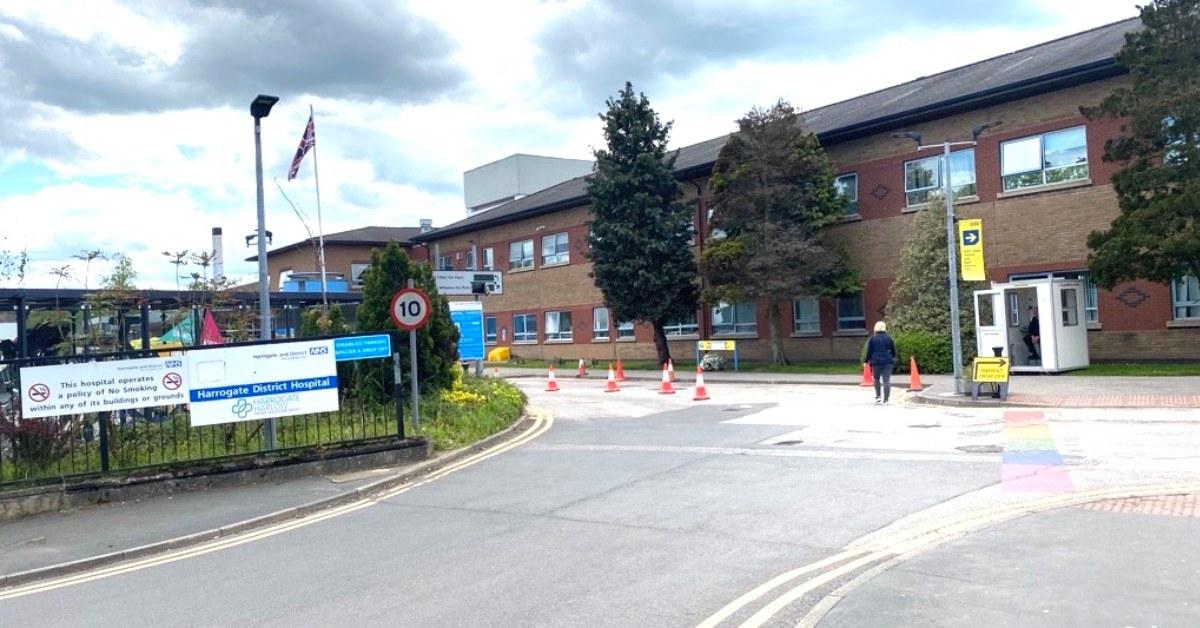Subscribe to trusted local news
In a time of both misinformation and too much information, quality journalism is more crucial than ever. By subscribing, you can help us get the story right.
- Subscription costs less than £1 a week with an annual plan.
Already a subscriber? Log in here.
04
Sept 2023
Harrogate hospital roof contains crumbling concrete

Harrogate District Hospital's roof contains the type of crumbling concrete that has prompted the closure of more than 100 schools.
Harrogate and District NHS Foundation Trust has confirmed its buildings contain reinforced autoclaved aerated concrete (RAAC).
The material, popular between the 1960s and 1980s, has been compared to "chocolate Aero". It has led to one hospital using 3,000 steel props to keep its roof up.
A trust spokesperson said:
The trust is the district's biggest employer with more than 4,000 staff employed across its sites. The main hospital was built in 1975.
The spokesperson added the trust had been undertaking surveys since last year "to identify areas of concern and monitor all RAAC roofing on our trust sites". They added:
Read more:
- Harrogate hospital trust paid £4.9m in compensation claims since last year
- Harrogate hospital to increase visitor parking charges under new system
Concerns about RAAC were flagged up at a trust board meeting in May this year.
A report by the director of strategy said RAAC roofing had been surveyed and "remedial works were underway and mitigation was in place".
The corporate risk posed by RAAC was rated at 12 — lower than managing the risk of injury from fire and control of contractors and construction work, which were both rated at 16.
It added failure to manage the risk associated with RAAC could lead to "major injuries, fatalities, or permanent disability to employees, patients and others".
A financial plan included in board papers said the trust had allocated £700,000 for backlog maintenance but this “excluded any national funding for RAAC”.
0